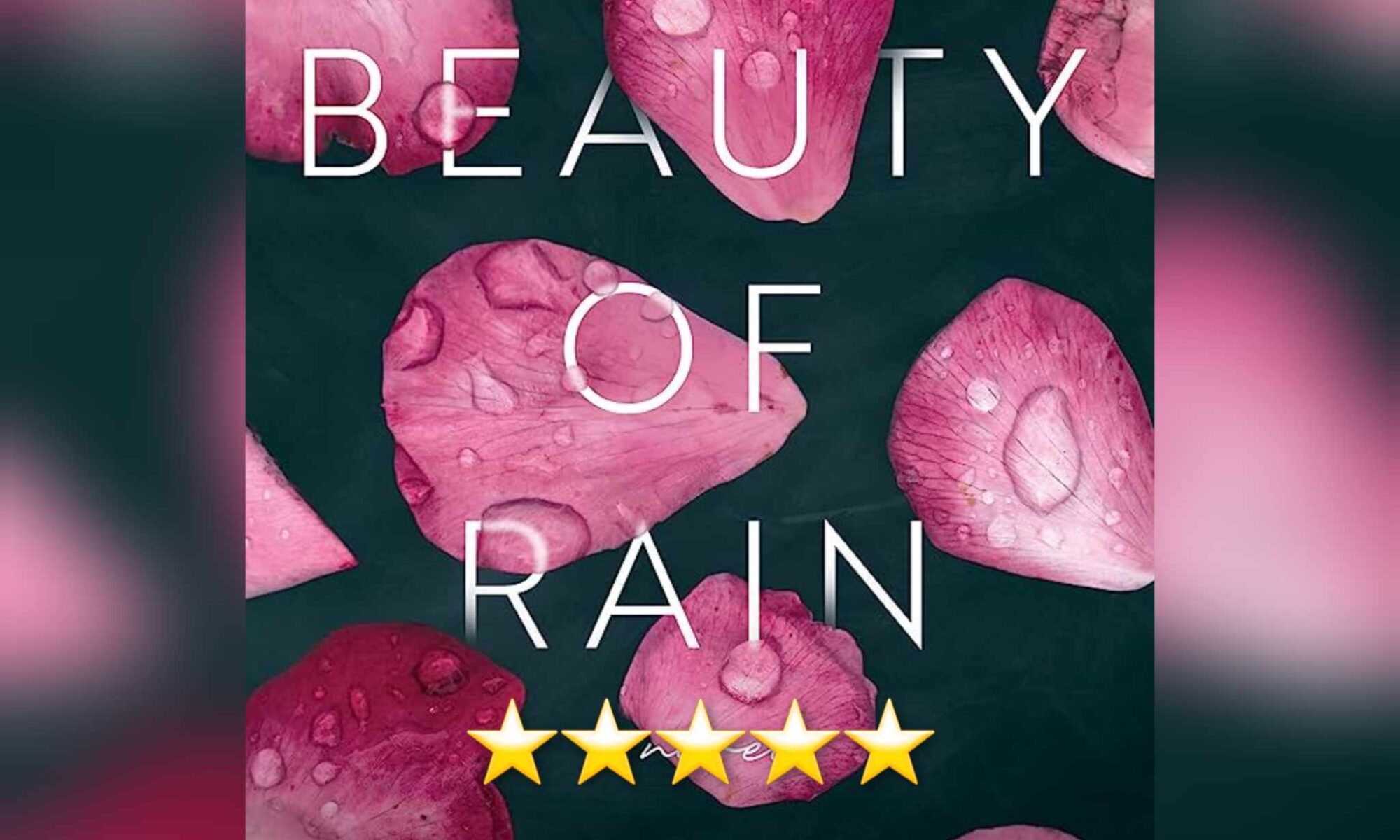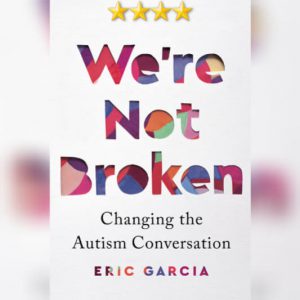Beck’s Most Powerful Book To Date. Somewhat surprisingly, I seem to either own and/ or have read every single book Beck has put out to date – and I think there’s only four (the Cabot trilogy + In The Cards) that I haven’t actually read yet. So I can absolutely speak with a degree of authority on that title here in particular. With her move towards women’s fiction over the last few years, after spending her earlier career in romance novels, Beck has seemingly been working to exactly what she pulled off here – a balls to the wall, full out emotional rollercoaster that has the sheer power of the best coasters around, even Universal Orlando’s Velocicoaster (my personal standard for most powerful coaster online today).
To be clear, those struggling with suicidal ideation should absolutely steer clear of this book, as that subject plays a substantial and substantially heavy role in this tale – and which Beck herself makes clear in a forward to the book.
Also, this book is nearly black hole heavy, with a few jokes and other lighter moments thrown in, but the emotional weight of all that has happened before this book and is happening during this book truly is some *heavy* stuff – and indeed that is one of the things that makes this book so great. Because even while it is indeed so heavy, it never feels oppressive or hopeless. Quite the opposite – Beck does a tremendous job of showing the hope even in the depths of such tragedy and misfortune.
Overall, if you’re looking for something more light and fluffy, go with one of Beck’s earlier books. But if you’re ready to see some hope even in some of the darkest times that normal people do in fact experience… maybe you’re ready for this book. Very much recommended.
P.S.: While this book does in fact mention COVID, it is in the period before the events of this book, and while the events that play out in that period are significant here – COVID never really is, thus I did *not* deduct a star there.
Also, the struggles of parents of Autistic children is a major storyline in this book, and for my fellow Autistics as well as our parents, I want to point out just how *real* that story does in fact play out. Yes, at times it seems like Beck may be following that agency that claims to “Speak” for Autism (yet is actually the Autistic community’s KKK, according to many of us) and their “hopeless” commercial (one of the things we hate so much about them), but I need to stress here that there is no mention of that organization or even that idea. There is no child endangerment or abuse here. No so-called “Applied Behavioral Analysis” that so many of us in the community consider to be active child abuse. Certainly no filicide that is all too rampant among far too many parents. Instead, Beck shows a very real view of a parent just trying to do her best for her Autistic child. And indeed, even when looking for positive, Autistic Adult created and/ or inspired resources for parents, *even as someone who was once plugged into various Autism advocacy networks*… it was shockingly difficult to find something so basic “Here’s some resources if you think your child may have Autism” from the more respected organizations. And y’all… that’s on us. We need to create those resources to help these exact types of parents and prevent them from becoming the parents who actively harm their children.
But again: Unless you’re struggling with suicidal ideation… read this book. It really is Beck’s Most Powerful Book To Date.
This review of The Beauty Of Rain by Jamie Beck was originally written on July 10, 2023.


